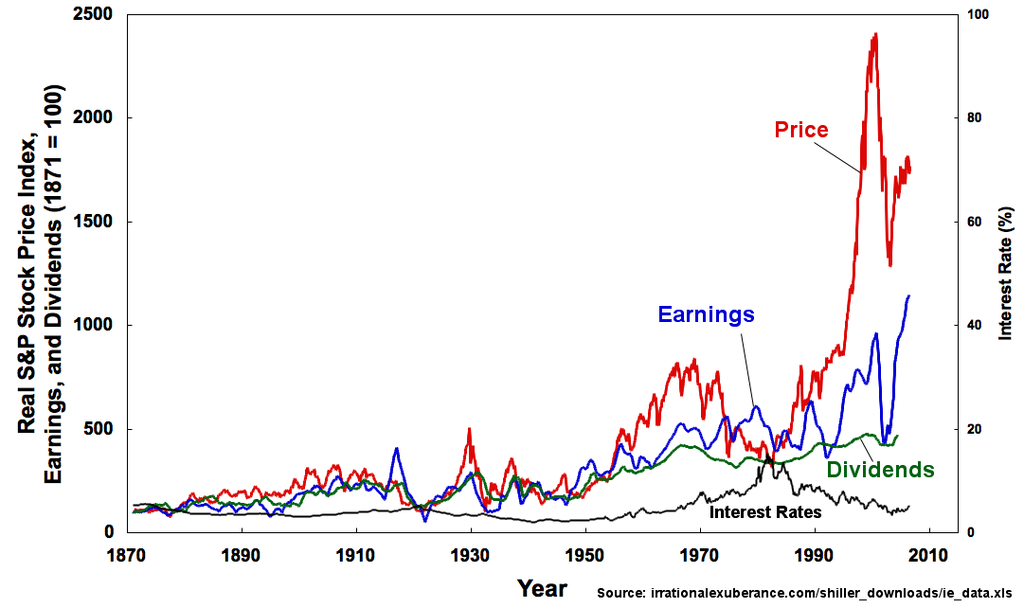
The fact that worldwide interest rates are at a historic low has not gone unnoticed by the vast majority of investors around the world. Indeed it is this relatively low return (in many cases a negative return in real terms) which has pushed many people towards the property market. While there have historically been long-term benefits to investing in property markets it is not as easy as many people would have you believe. Therefore, it will come as no surprise to learn that there has been a significant increase in the number of passive property investment vehicles.
What is a passive property investment?
In simple terms passive investment in the property market covers a whole range of investment instruments taking in investment trusts, real estate investment trusts, unit trusts and other collective investments. The key to all of these investment vehicles is the fact that management of your day-to-day property investment is undertaken by a third party. You will of course have various reports to confirm how your investments have performed, as well as the underlying portfolio, and there are many different benchmarks against which you can measure performance.
As ever, when investing in property, you should take a long-term view of your investment whilst also checking the short to medium term performance to ensure that the fund’s management team are at least performing in line with the sector.
Does passive investment work?
It goes without saying that the better the underlying management team the better the performance of your investment. There is an ongoing debate within the industry as to how long you should give a management team which has perhaps underperformed in recent times before you jump ship and look elsewhere. You also need to take into account the type of assets in which these vehicles invest because only then will you obtain a clear and accurate picture of the underlying performance of the fund.
Very often passive investment strategies are used where an individual has neither the time nor the experience (or both) to actively manage their investments. Indeed it is fairly simple to set up a long-term investment portfolio which makes use of passive investment vehicles to obtain exposure to any individual type of asset you choose. Sometimes those using passive investment strategies will see more active investors making “good money” but the more active you become the greater the risk/reward ratio. Unless you have experience with short to medium term active investment strategies this can be a dangerous option.
Property index indicators
As interest in property investment continues to grow so we have seen an increase in the number of property index indicators. These cover the general property market, specific countries, specific property assets, offering you the ability to match your specific assets against a specific indicator to obtain “true performance”.
This also brings us onto another type of investment known as “index tracking” which has been very popular on the stock market for many years. This basically allows you to position your property investments in line with the underlying elements of any one (or more) property indices. This will give you the best opportunity of following the general trend of the index itself which can be very beneficial if you make the correct underlying call on the wider property market.

